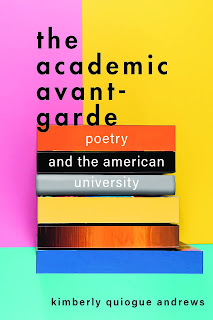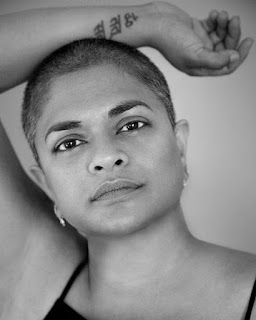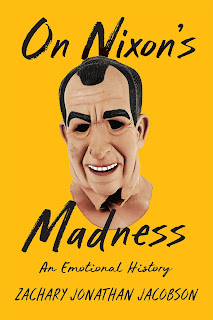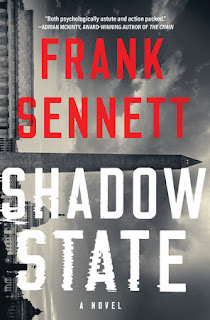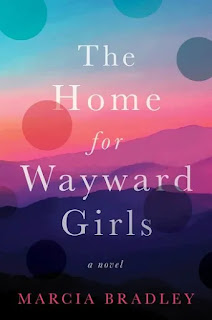
About the book, from the publisher:
The Home for Wayward Girls takes place in the late 1990’s and the early 21st century. The protagonist, Loretta, has spent the first seventeen years of her life on a ranch where people pay her parents to imprison their daughters and teach them to be good, subservient, God-fearing young women. Yet, I don’t imagine that it’s so different than the lives a lot of people find themselves stuck in. I think that many people, especially women, find that they must flee circumstances that are unbearable, as does Loretta.Visit Marcia Bradley's website.
In the dictionary the term everywoman is defined as an ordinary woman, representative of all women. Loretta is like many women who feel they have no way out, or that they are being brainwashed by questionable religious teachings, or that they have to repay a debt to those they live with. Whoever plays her in a movie must be an everywoman.
I must say that I’m beyond delighted to offer my picks for the cast of this movie. For Loretta, the big qualifier is that many young women would have to be able to see themselves in the actress. Emma Stone is perfect because she’s fantastic and earthy and seems she could be anyone’s friend. Elle Fanning as Loretta’s best friend Elsie would be awesome. I can just see the two of them breaking free!
There is an incredible group of young actresses who...[read on]
My Book, The Movie: The Home for Wayward Girls.
--Marshal Zeringue







